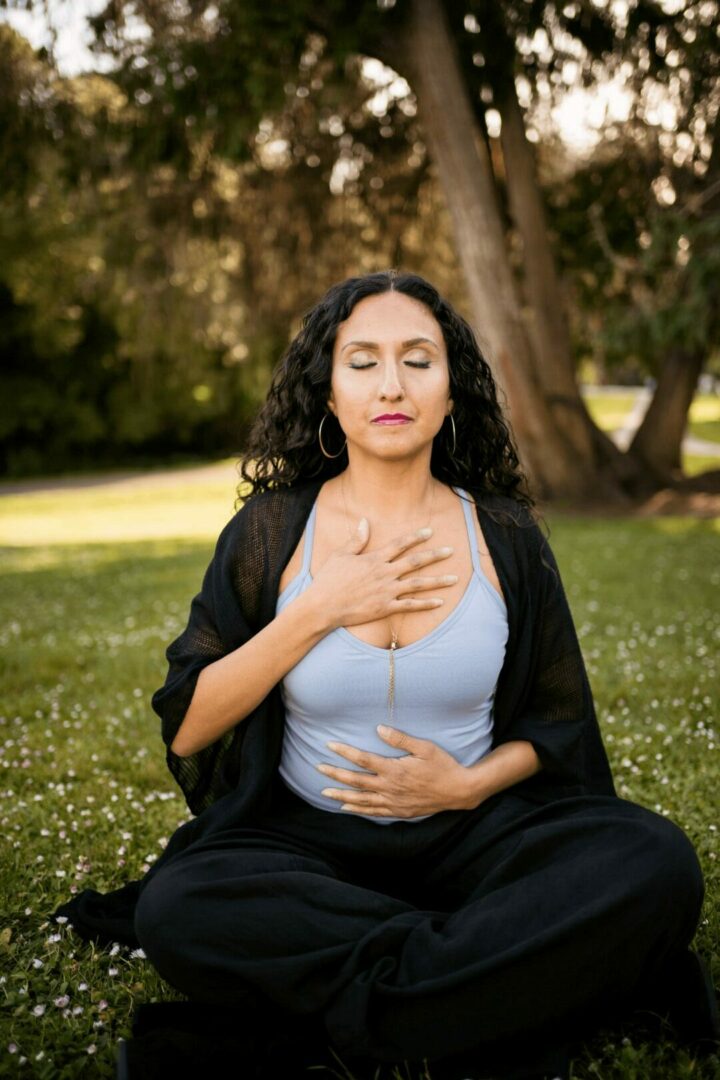We’re excited to introduce you to the always interesting and insightful Claudia Parada. We hope you’ll enjoy our conversation with Claudia below.
Claudia, so great to have you with us and we want to jump right into a really important question. In recent years, it’s become so clear that we’re living through a time where so many folks are lacking self-confidence and self-esteem. So, we’d love to hear about your journey and how you developed your self-confidence and self-esteem.
My confidence and self-esteem has really come from the power of a reframe. Myself, like many other people out there, often tend to dwell on things that aren’t working, or things that haven’t got right in my life, for example, unfinished projects. I once was challenged by a former coach to list out all of the accomplishments, big and small, that I had done in my life, and that radically changed the way that I felt about the things that I’ve completed. It really helped reframe my brain to begin to look at things that I do right, hold feelings of pride, and really cultivate that sense of accomplishment. Now I do this on the regular as something called a brag diet, an intentional mindset practice that has you list all accomplishments no matter how small. It really helps me stay in that sense of confidence to accomplish even more. It’s like all of the things that people would always tell me about myself, when they would say that they feel proud, or to, or recount all of the things that I have done in my life, it was almost like I didn’t believe them; but now that I have written these things out for myself, and really let myself feel proud, it has grown my own trust in myself and my self-esteem.
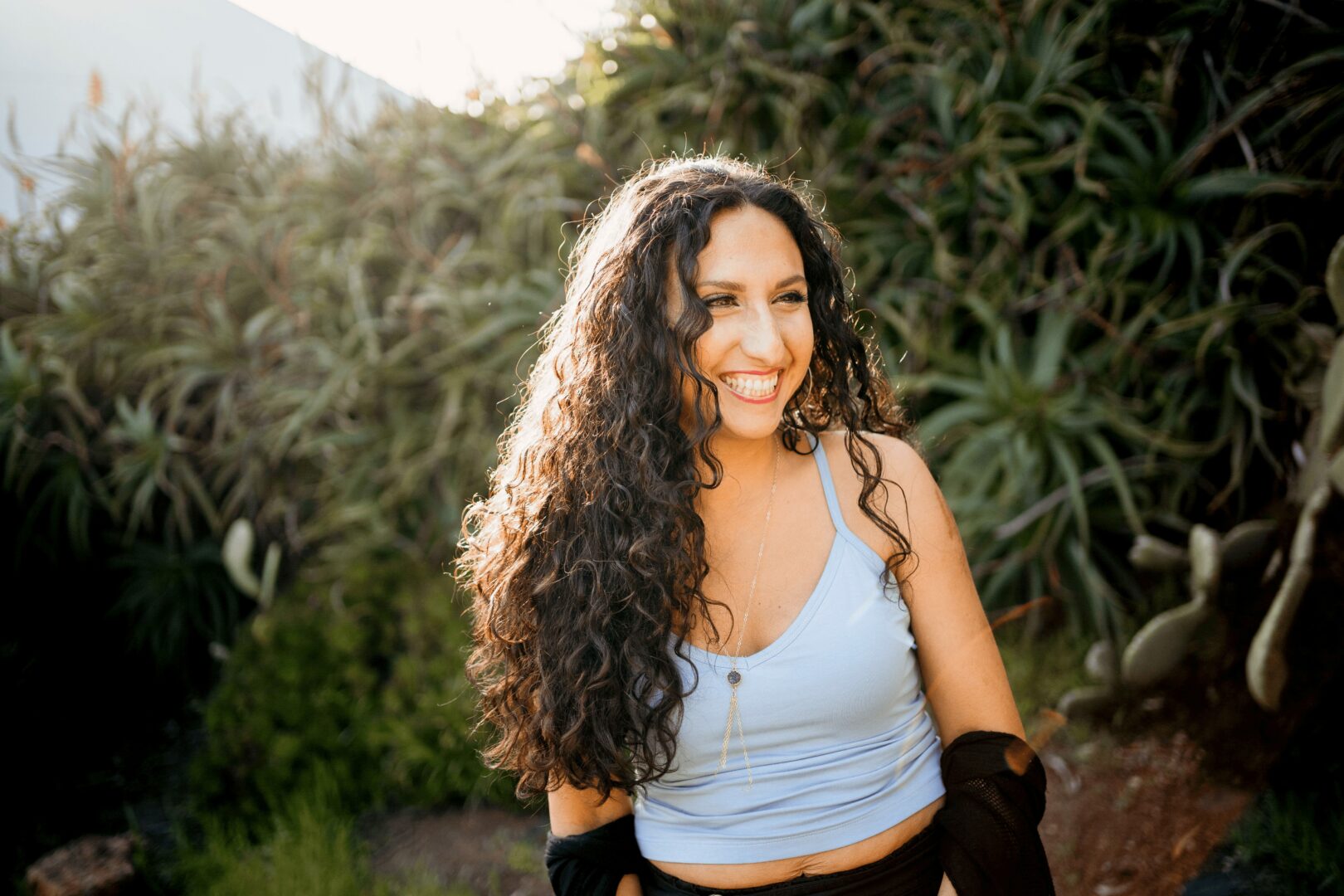
Appreciate the insights and wisdom. Before we dig deeper and ask you about the skills that matter and more, maybe you can tell our readers about yourself?
I’m a first-generation Latina, born to parents who migrated from Nicaragua during the civil war. I’m a younger sibling, a mom of two, and a wife. Being a child of immigrants has profoundly shaped my experience. As I unlearn and relearn how to engage with traditional cultural values, I strive to become a healthier and more whole person.
About 15 years ago, I burned out working in the banking industry. I realized that hustle culture and the relentless pursuit of power no longer resonated with me. However, I needed significant support to learn how to be gentler with myself, practice self-compassion, and set boundaries that are both strong and inviting, fostering intimacy and interdependence without codependence. It’s been a long journey, and that’s why I’ve dedicated my work to supporting Latinos, Latinas, and BIPOC individuals from collectivistic cultures who are also seeking to find their own identities and liberate themselves from handed-down narratives.
I do this by decolonizing my therapeutic practices, offering one-on-one therapy, group therapy, somatic coaching, and Mesoamerican traditional medicine sessions. I love my offerings and the work I do; and that love fuels me and permeates everything I create.
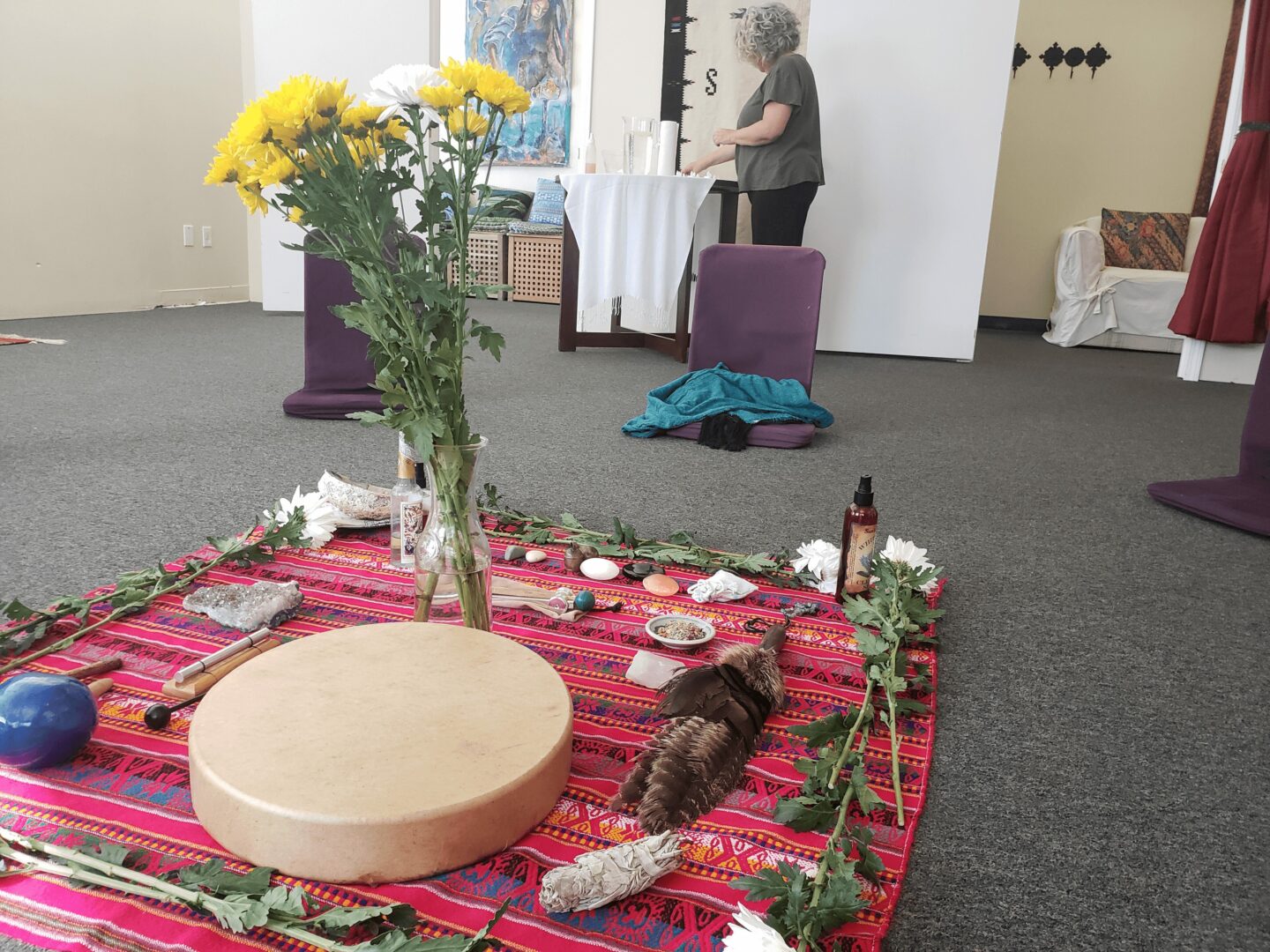
If you had to pick three qualities that are most important to develop, which three would you say matter most?
Number one: Be open. Number two: Have grace with yourself. Number three: Be present and enjoy the ride.
Being open has been a work in progress because once I feel like I’ve learned something, I want it to happen in a linear, stacked process. Everything we’ve learned tells us that this is true, but in reality, it’s not. You graduate from kindergarten, move on to first grade, and eventually to high school, etc. But that’s not how life works in general. You take a few steps forward, you might slide back—it’s all really non-linear. This is something I’ve had the privilege of learning alongside my clients. Being open to the journey and maintaining that openness is really a part of how to adapt and integrate in ways that feel good. When I’ve fixated on a goal or a specific way something needs to happen, it has caused me to stall out and created a lot of stress. Staying open has helped me be more creative, patient, and have a clearer vision of everything transpiring, rather than just fixating on the next step.
Having grace with myself is probably one of the challenges and edges I continue to work on in my life. Given how I grew up, the type of schooling I had, and the type of disciplining I experienced, consequences were always punitive. While I understand the benefits of that, it doesn’t do much for my internal dialogue and how I deal with my own mistakes and growth points. Putting myself in an analytical shame spiral isn’t helpful when trying to move and take action towards a goal, whether that’s reconciling with my partner after a fight, repairing a rupture with my child, or achieving a business goal. I’ve learned to incorporate regulatory practices into my life, such as talking to a friend, going for a walk, or taking a bath. These practices help bring me back into balance, allowing me to look at problems with fresh eyes and actually find solutions. The key is having grace with myself. I can’t execute everything perfectly, and understanding that has been liberating. There’s so much magic to be learned from mistakes, they are revealing and full of lessons. Embracing this sooner would have saved me a lot of self-judgment.
Being present and enjoying the ride. There were many times when I had overly aggressive goals and wanted overnight success. Many of my mentors and spiritual teachers would tell me it’s okay to take my time with things, but I didn’t want to hear it. Because I was so fixated on going faster instead of finding a sustainable and pleasurable pace for myself, it didn’t allow me to be as present as I wanted to be for the things that mattered. I started my business during a tender time, the postpartum period of my first child. Quickly, I learned that focusing so much on my business was taking away from the relationship I wanted to develop with my baby, especially as he entered toddlerhood. Building takes time, especially if I want to build intentionally. As I unlearn the hustle mentality and incorporate pleasure practices into my personal and professional life, while also being present with my family, I’ve realized I don’t have to choose between success and love for my family. I can have it all, but I get to be patient and enjoy the ride while I build it.
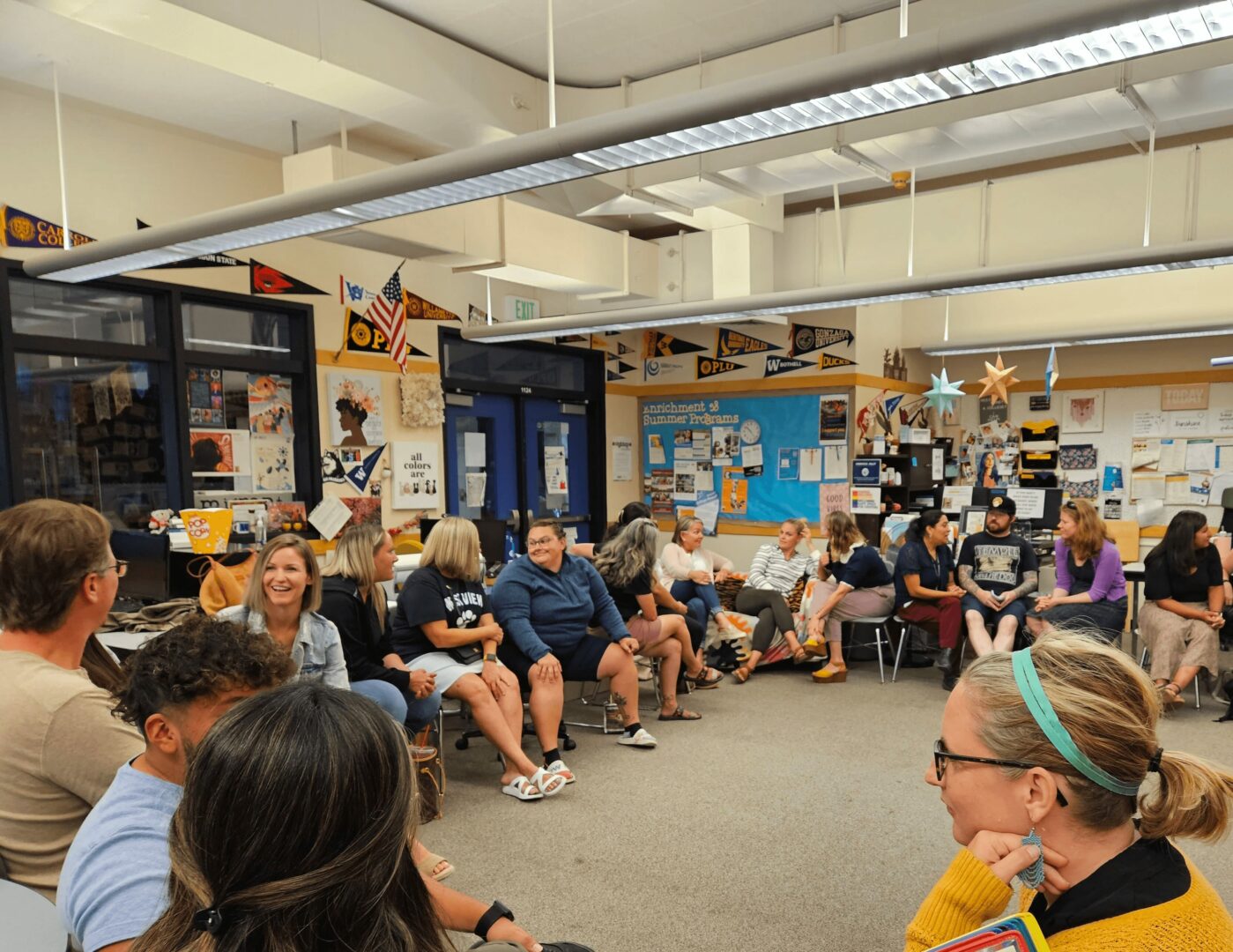
Before we go, any advice you can share with people who are feeling overwhelmed?
One of the most important things I did for myself, and that anyone can do for themselves, is to understand their thoughts, emotions, and behaviors when they begin to feel overwhelmed. This can happen through reflection, preferably journaling, or with a friend or therapist. The more you externalize or reflect on this process, the more you can catch yourself before the overwhelm becomes so great that it feels like you can’t get out of it.
For example, when I start to get overwhelmed, my thoughts become really negative, I get snappy with people I love, and I feel a constriction in my chest. Everyone experiences overwhelm differently; it could look like shutdown or isolation, compartmentalization and keeping busy, or crying without knowing why. Each person has unique signals that indicate they are either in a state of overwhelm or headed toward it. Recognizing these signals is crucial because, when you’re already overwhelmed, your nervous system is in an active state, making it difficult to see or remember the strategies that help manage overwhelm. Your prefrontal cortex goes offline, and all those strategies go offline with it.
Having a list of strategies in a place where you can readily access it, like on your wall or in a drawer, is essential. First, identify that you’re overwhelmed, and then employ your strategies. The strategies I use include deep breathing, lying on the floor, drinking water, eating food, taking a shower, going for a walk, getting sun, and talking to a friend about light topics. These are all strategies I have tested and know definitively make me feel better. These strategies are also unique to each individual, so some might work for you, while others might not.
Go through a phase of beta testing, collecting data on what makes you feel better or what might make things worse. Most importantly, when you’re collecting your data, write down your list and keep it accessible.
Contact Info:
- Website: https://www.claudiaparadaenergy.com
- Instagram: https://www.instagram.com/itsclaudiaparada
- Facebook: na
- Linkedin: https://www.linkedin.com/in/claudiadparada/
- Twitter: NA
- Youtube: na
- Yelp: na
- Soundcloud: na
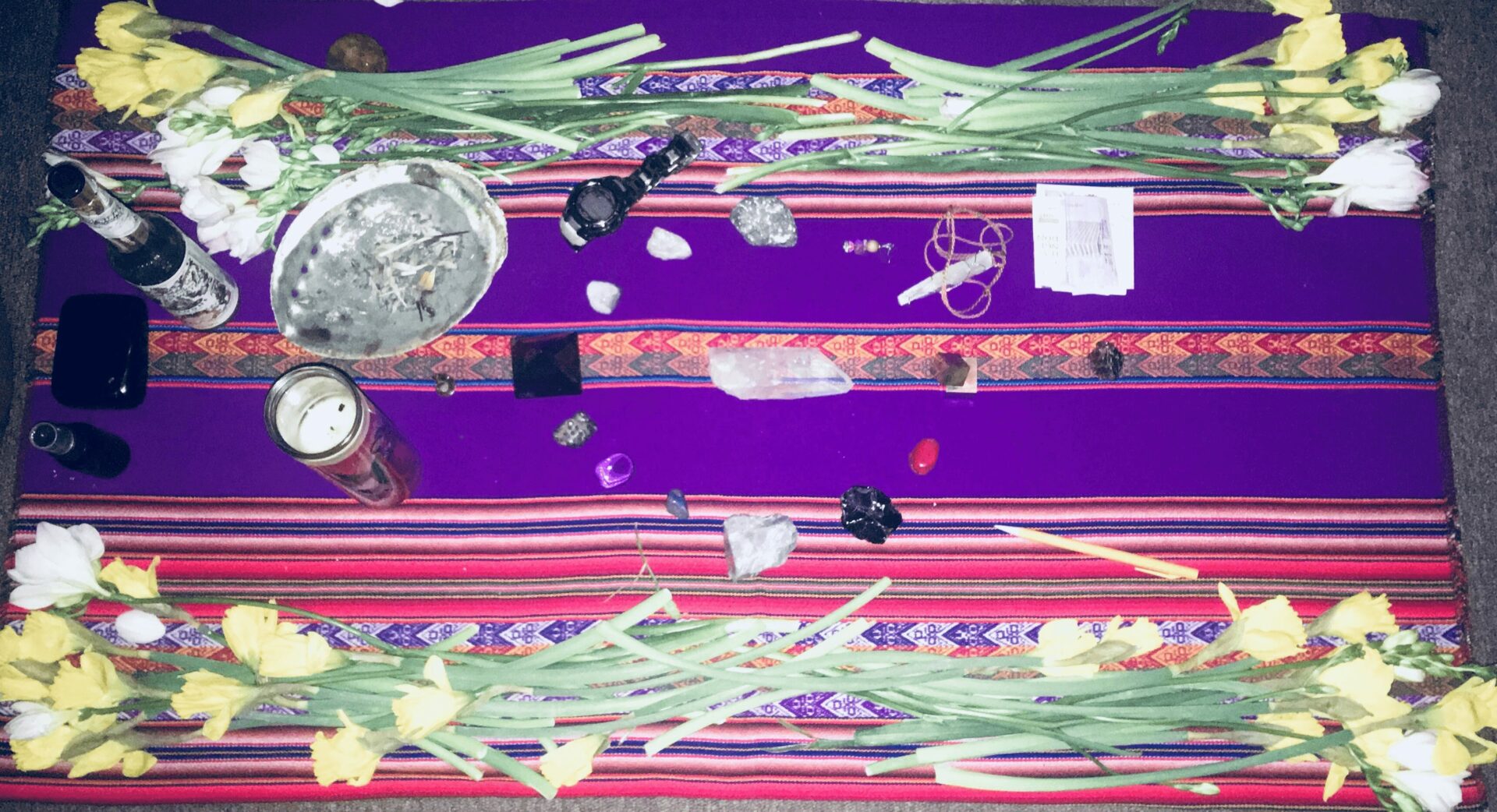
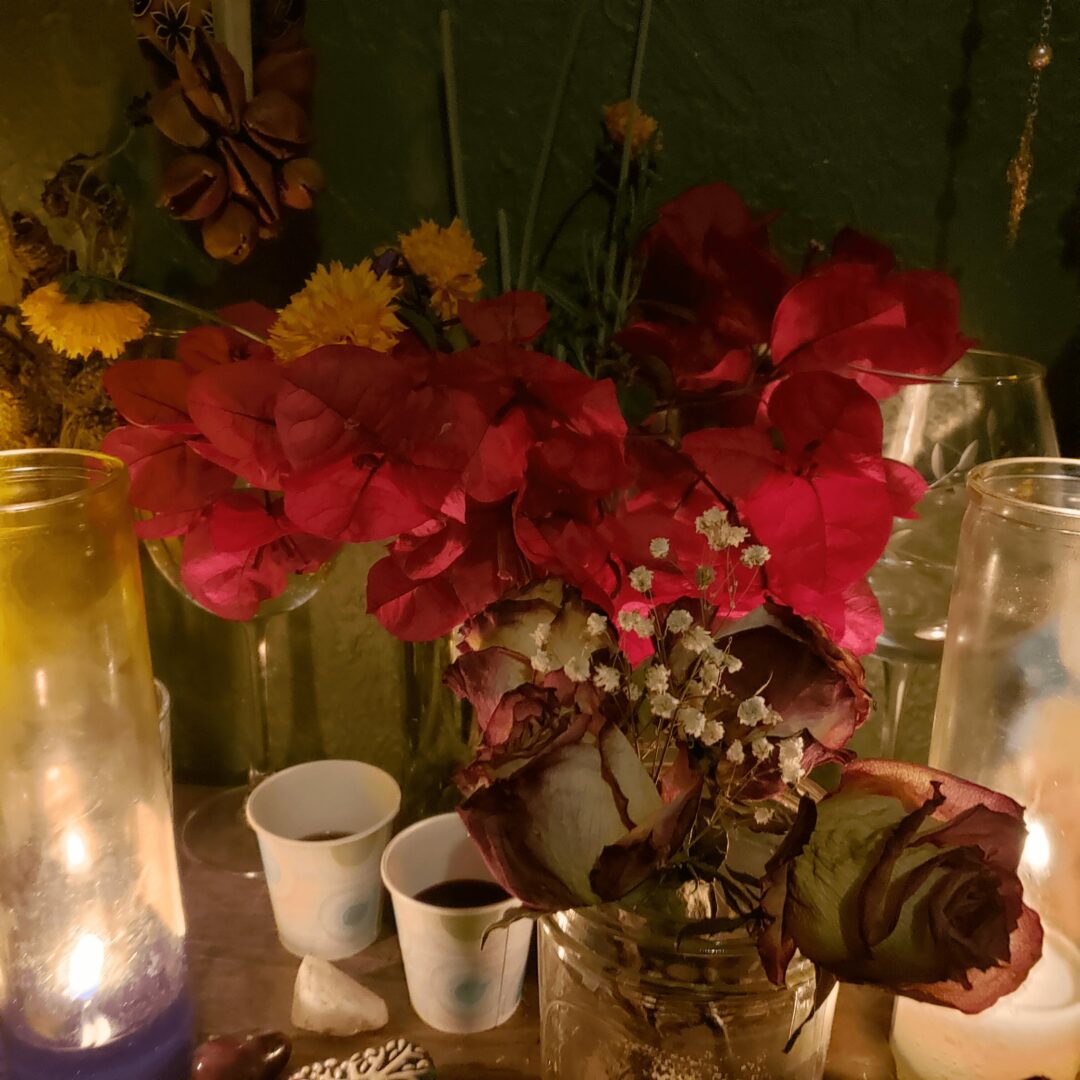
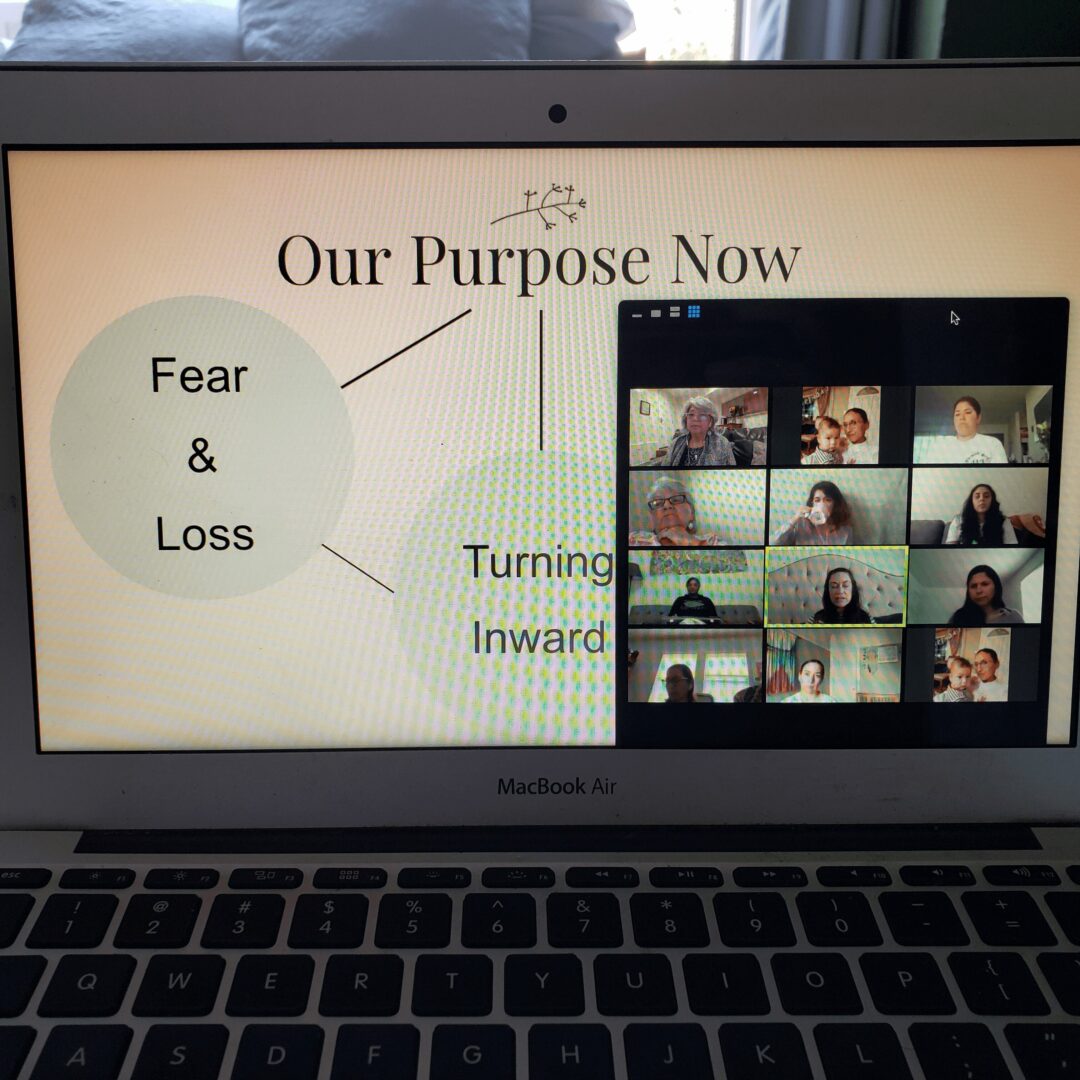
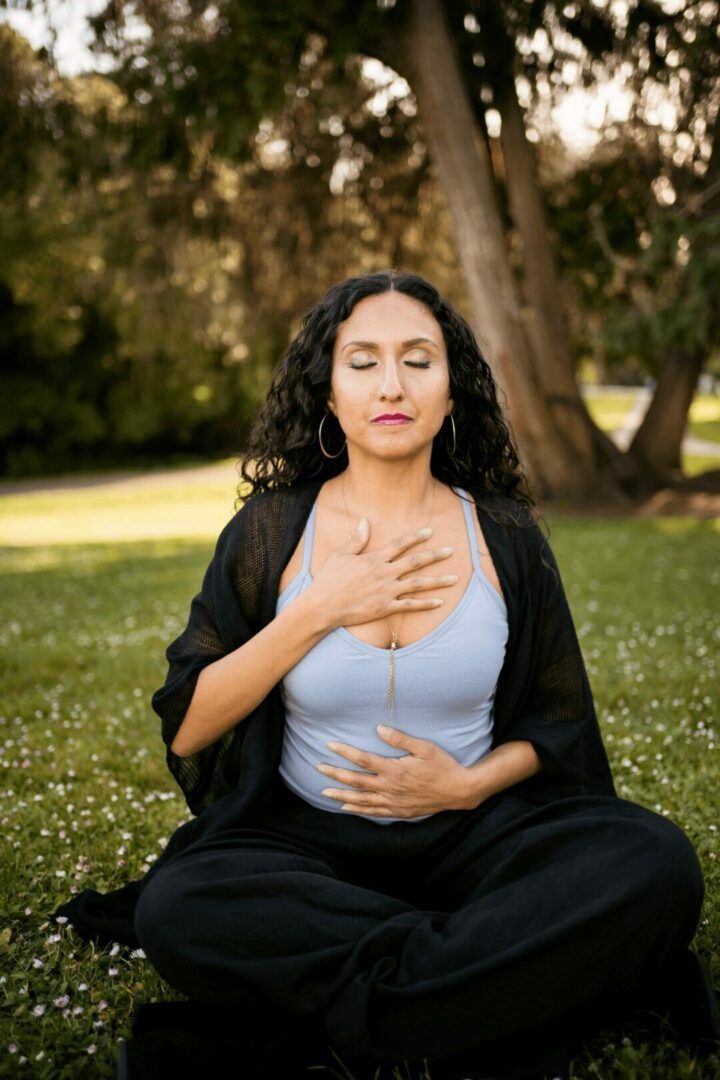
so if you or someone you know deserves recognition please let us know here.

